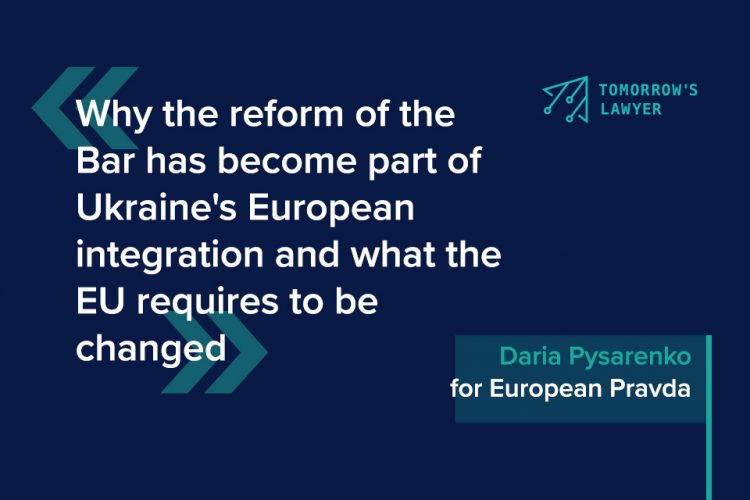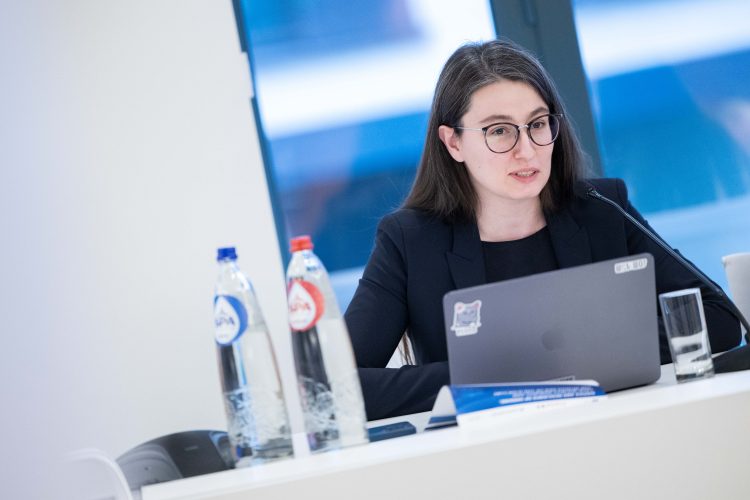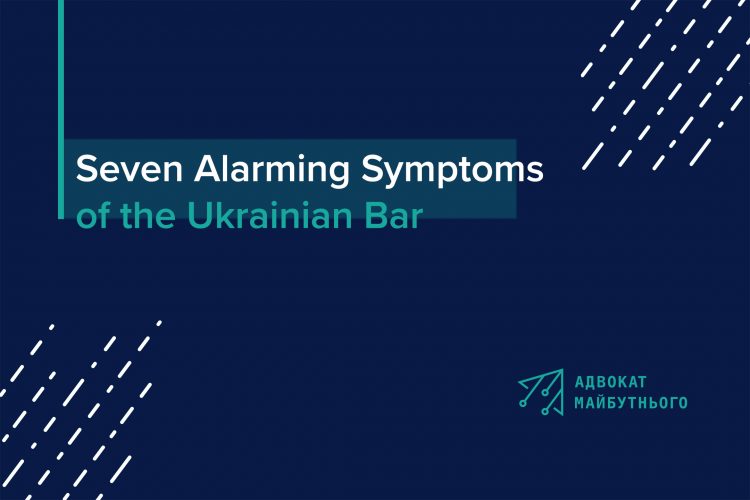


Tomorrow’s Lawyers Learn to Communicate With Media
The forth module of the “Tomorrow’s Lawyer” Program, which focuses on the lawyer’s communication with the public and media, has begun. In particular, participants learn to effectively communicate with journalists. There is a peculiar barrier between journalists and lawyers, because each representative of these professions has their own ethical rules and limitations. Therefore, it is necessary to establish cooperation between them.
The opening was attended by journalists of the Odesa Channel 7, who, by their own example, demonstrated the specifics of their work and made a feature about the Program.
“The lawyers’ job is not only to perform their professional obligations, which they do. It also presumes legal education of the society – namely, explaining legal issues, explaining what rights people have and how to use them, what is the essence of their work. This needs to be done in such a way as to bring trust and reliance”, – said the Program trainer Tetyana Troshchynska.
Andriy Vyshnevsky, leader of the “Tomorrow’s Lawyer” Program said that all problems and a reasonable compromise should be sought in the area of ethical standards. “I think it would be interesting to conduct joint training for lawyers and journalists as well. We’ll try to organize it in the near future”, – he quoted as saying.
Many lawyers actively co-operate in their work with the media and want to reach a new level in order to understand the aspects of journalism and to find a common language with media.
“Qualitative, professional and independent media can greatly help lawyers in their work, highlight those issues and the problem, draw attention to the complex cases. As a rule, we have a lot of toxic cases which sometimes lack clarity. As for me, cooperation with the media always supports a lawyer’s case“, – said Iryna Serbin.
Full text of the publication is available on Channel 7 (UKR)
The “Tomorrow’s Lawyer” Program is being implemented by the Ukrainian Bar Association (UBA) and the Bar Association of Legal Aid Providers (BALAP), with the support of the United States Embassy and the “Quality and Accessible Legal Aid in Ukraine” (QALA) Project, funded by the Government of Canada and implemented by the Canadian Bureau for International Education (CBIE).
The “Tomorrow’s Lawyer” Program was developed during 2016-2017 with the support of the “Quality and Accessible Legal Aid in Ukraine” (QALA) Project with an expert contribution from the Canadian Bar Association. The views of participants and experts of the Program do not necessarily coincide with the official position of the Partners of the “Tomorrow’s Lawyer” Program.


